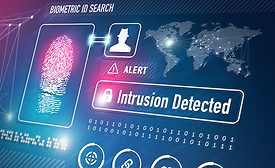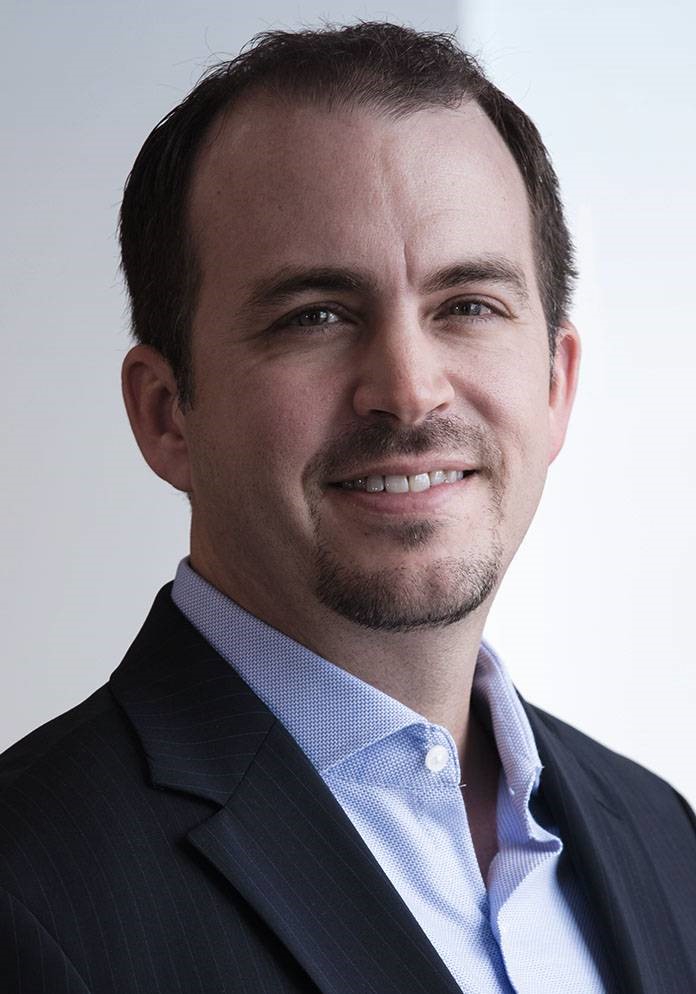Logical Security
Leadership & Management
Uber’s Global Security Team: Enabling Security as a Competitive Advantage
How Uber’s Global Security Team ensures top-notch safety and security programs that enable the global ride-hailing company.
October 5, 2020
Sign-up to receive top management & result-driven techniques in the industry.
Join over 20,000+ industry leaders who receive our premium content.
SIGN UP TODAY!Copyright ©2024. All Rights Reserved BNP Media.
Design, CMS, Hosting & Web Development :: ePublishing











